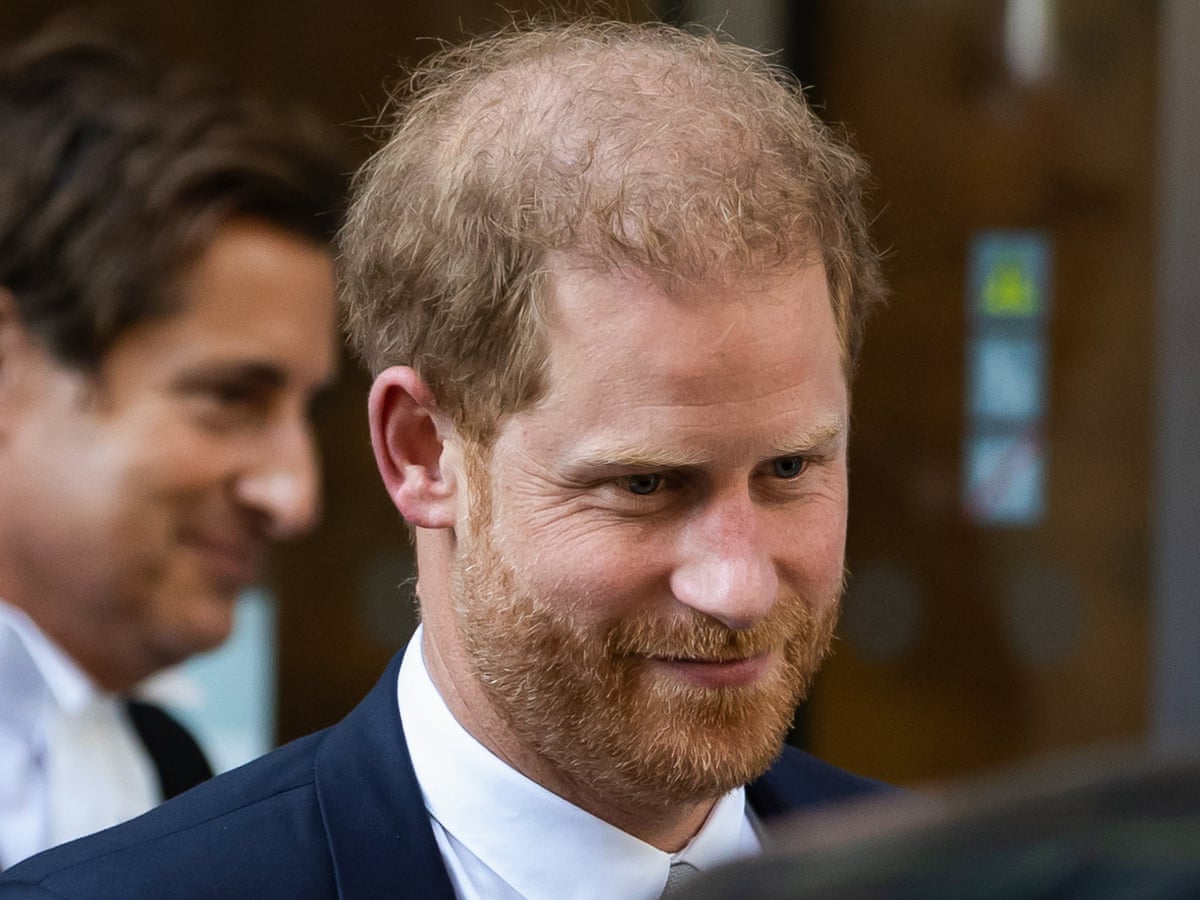Must Read
Prince Harry’s Drug Use Sparks Controversy Among Anti-Drug Campaigners
Anti-drug campaigners have recently criticized the Duke of Sussex, Prince Harry, for his comments on drug use, claiming that he is sending the wrong message to the younger generation.
During a live-streamed interview with therapist Dr. Gabor Mate, Prince Harry openly discussed his personal experience with drugs, specifically cannabis and ayahuasca.
Prince Harry revealed that he turned to cannabis, a class B drug in the UK, to cope with mental health issues following the tragic death of his mother.
He spoke about how it helped him find a sense of relaxation, release, comfort, and lightness during a difficult period.
Additionally, he mentioned his positive experience with ayahuasca, a psychedelic drug, which he claimed brought him similar feelings.
Dr. Mate, who supports the decriminalization of drugs and has reportedly used ayahuasca to treat patients with mental illness, conducted the interview.
However, Prince Harry's remarks have raised concerns among various organizations, such as Little Soldiers, Wellchild, and the Invictus Games, all of which he is associated with as a patron.
These entities do not endorse drug use, and his comments may affect their support.
One notable critic is the Harry Markleblog, which questioned the implications of Prince Harry's drug use on his patronage roles.
The blog highlighted the potential danger of influential figures like Prince Harry endorsing drug use, as it may lead young people to believe that drugs can be helpful.
This raises concerns about the impact on children who look up to Prince Harry and might be influenced by his words.
Fiona Spargo-Mabbs, who founded a drug education charity named after her son Daniel, who tragically died at the age of 16 due to a drug overdose, expressed her concern over Prince Harry's comments.
She emphasized that their work focuses on under-18s, and any message that suggests drugs can solve problems is troubling.
With the increasing number of young people struggling with mental health issues and limited access to support services, reinforcing the idea that drugs can help is alarming.
Spargo-Mabbs further explained that using drugs as a coping mechanism is more likely to lead to dependence because it becomes the primary way of dealing with difficulties.
While Prince Harry has been open about his own drug use, his statement that it helped him is particularly concerning for young people.
The controversy surrounding Prince Harry's comments extends beyond anti-drug campaigners.
Journalist and doctor Max Pemberton criticized his remarks as highly irresponsible.
Pemberton emphasized that the substances Prince Harry mentioned, cannabis and ayahuasca, are illegal in the UK and can cause serious harm to users.
As a mental health professional, Pemberton has witnessed the damaging effects of drug use firsthand.
Even television presenter Kirsty Alsop weighed in on the matter, tweeting a scathing response to Prince Harry's actions.
Alsop pointed out that the term “county lines” refers to drug trafficking, which is far removed from Prince Harry's privileged lifestyle.
She suggested that the substances he used to cope with trauma were connected to the suffering of those who have experienced real trauma.
Prince Harry's openness about his drug use has sparked a significant debate, with critics arguing that his comments could have negative consequences for young people and undermine the efforts of anti-drug campaigns.
As organizations evaluate their association with Prince Harry, they must carefully consider the potential impact on their reputations.








































